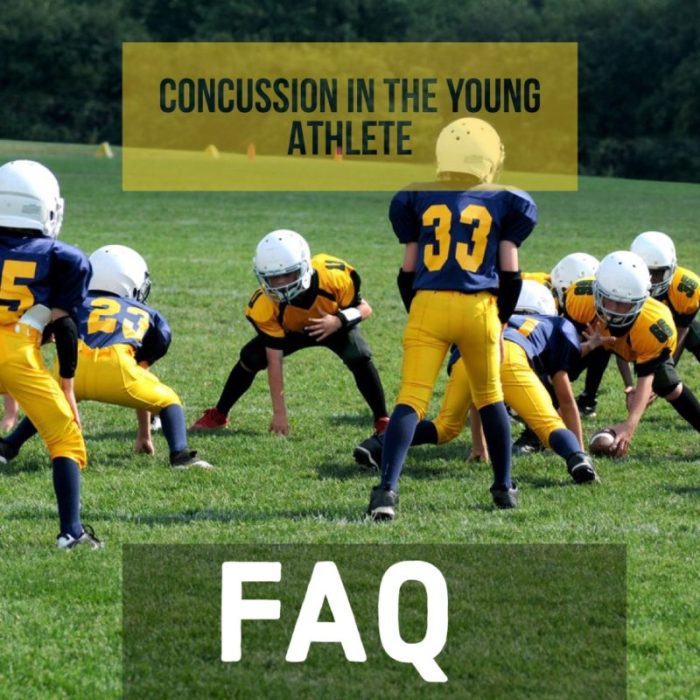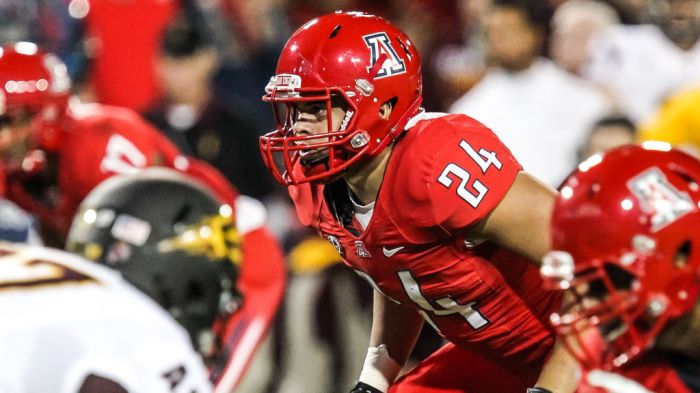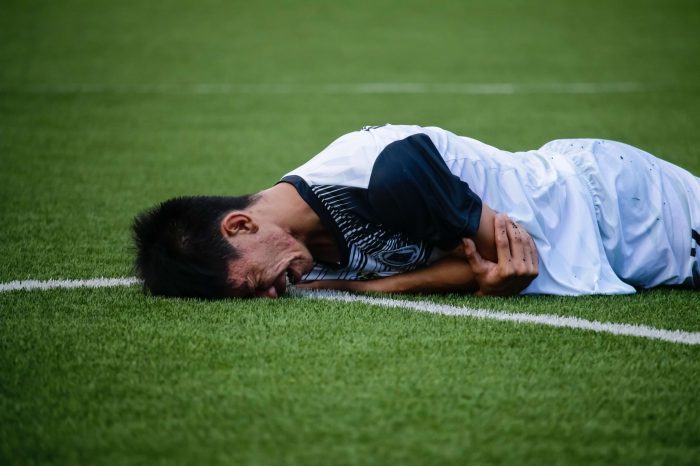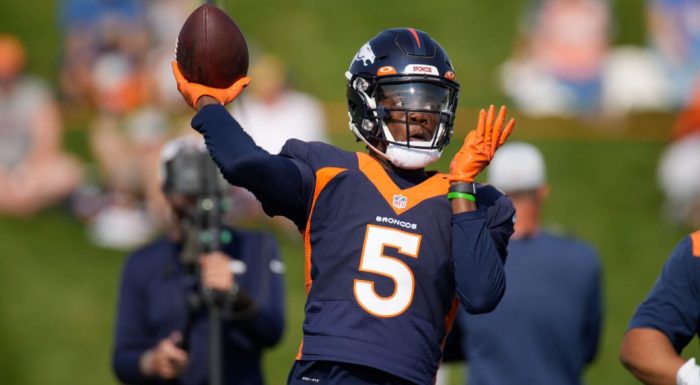Imagine an athlete several days after a concussion, struggling with cognitive impairments, physical symptoms, and emotional distress. This scenario underscores the profound impact of concussions on athletes’ well-being and performance. This article delves into the cognitive, physical, and emotional consequences of a concussion, exploring the underlying mechanisms, assessment techniques, and strategies for managing these challenges.
The content of the second paragraph that provides descriptive and clear information about the topic
Impact on Cognitive Function

A concussion can have a significant impact on cognitive abilities, both in the short-term and long-term. In the short-term, athletes may experience difficulty with memory, attention, and problem-solving. These impairments can affect an athlete’s performance on the field or court, as well as their ability to perform daily tasks such as schoolwork or reading.
Neuroimaging Techniques, Imagine an athlete several days after a concussion
Neuroimaging techniques, such as MRI and CT scans, can be used to assess cognitive changes after a concussion. These techniques can help to identify areas of the brain that have been affected by the injury, and can provide information about the severity of the concussion.
Physical Symptoms: Imagine An Athlete Several Days After A Concussion

In addition to cognitive symptoms, athletes may also experience a range of physical symptoms several days after a concussion. These symptoms can include headaches, dizziness, fatigue, and nausea. The underlying physiological mechanisms responsible for these symptoms are not fully understood, but they are thought to be related to the inflammation and swelling that occurs in the brain after a concussion.
It is important to monitor physical symptoms after a concussion and to seek medical attention if necessary. Some symptoms, such as severe headaches or vomiting, can be a sign of a more serious injury.
Emotional and Behavioral Changes

After a concussion, athletes may also experience emotional and behavioral changes. These changes can include irritability, anxiety, and depression. These changes can be caused by a number of factors, including the physical symptoms of the concussion, the athlete’s perception of the injury, and the athlete’s support system.
It is important to be aware of the potential for emotional and behavioral changes after a concussion and to seek help if necessary. These changes can impact an athlete’s relationships, mood, and overall well-being.
Return to Play Considerations

The decision of when an athlete is ready to return to play after a concussion is a complex one. There are a number of factors that need to be considered, including the severity of the concussion, the athlete’s symptoms, and the athlete’s overall health.
The return to play process should be gradual and supervised to minimize the risk of re-injury.
Healthcare professionals play an important role in monitoring athletes during the return to play process. They can help to assess the athlete’s symptoms, provide guidance on the appropriate level of activity, and make the decision of when the athlete is ready to return to play.
General Inquiries
What are the common cognitive impairments experienced after a concussion?
Memory deficits, attention difficulties, and impaired problem-solving abilities are common cognitive impairments following a concussion.
What physical symptoms may an athlete experience several days after a concussion?
Headaches, dizziness, fatigue, and balance problems are common physical symptoms that can persist for several days after a concussion.
How can emotional and behavioral changes manifest after a concussion?
Irritability, anxiety, depression, and mood swings are potential emotional and behavioral changes that may occur after a concussion.